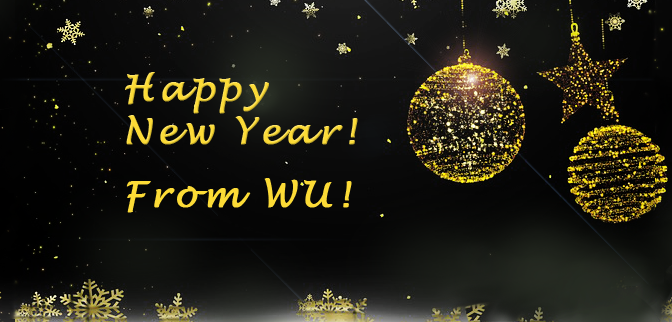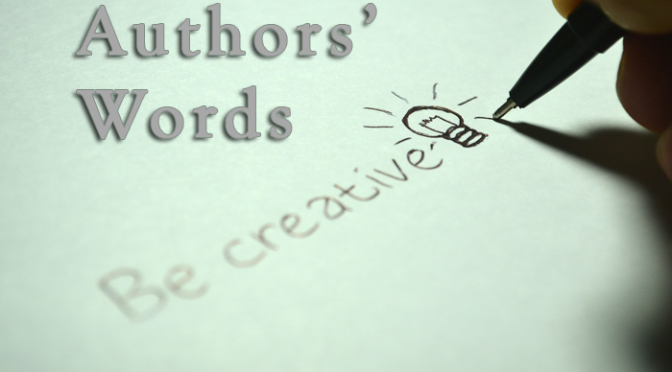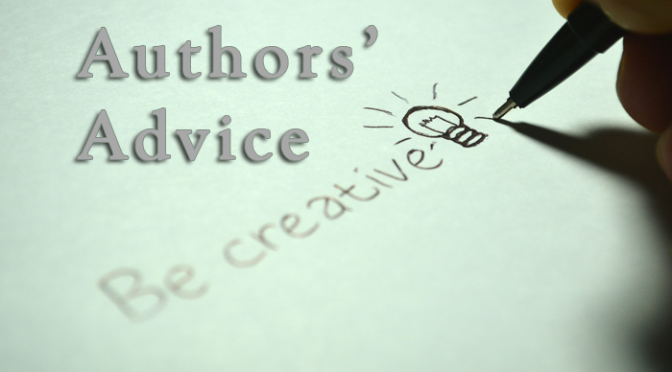Welcome to 2019 at Writers Unite!
2018 was a great year for Writers Unite! We achieved our goal of publishing not one but two anthologies, Realm of Magic and Realm of Romance. Both books did quite well in a market saturated with anthologies and that is a testament to the level of talent among the members.
Our WU! blog on Wordpress continues to grow and we were fortunate to have many guess articles as well as admin contributions to the blog. The Twitter following is growing daily. In addition, many of our authors have appeared on “Dr. Paul’s Family Talk” as admin and radio host Paul Reeves continues to support the writing community.
This new year will continue to bring you the content we hope you enjoy, Grammar Thursday, writing prompts, articles about writing from members and admins, and more new members, as our growth has remained quite steady. We will continue our association with “Dr. Paul’s Family Talk” on Impact Radio USA bringing you interviews discussing writing and with authors. Our third anthology Realm of Mystery will be published in the first quarter of the year and another anthology will be announced in mid-February or March.
WU! would like to help you get exposure for your writing and build your platforms in 2019. We are beginning two new activities to start that effort… one of which begins today.
Our first activity is called Write the Story.
We know one of the hardest things to do is drive traffic to your blogs, webpages, FB author pages, and other platforms. I won’t go into detail here but one the first of each month we will offer a photo/word prompt for you to write a short story, which you may post on you blog, webpage, etc. We will post the story and the link to your blog, webpage, etc. on the WU! blog and share the story and link across all our platforms. The idea is to drive traffic to you as we cross post the links. You can re-blog, and re-Tweet our posts while we post your links. More content and a wider reach bring followers. Please look for the post with complete instructions shortly.
Also, as Instagram is becoming a strong player in building a following, we would like to offer you the opportunity to send us quotes from your novels or work in progress and links to your point of sale or blog/website/FB author page and we will post them on Instagram and other platforms as well. The image create will be yours to use on your own platforms as well. More on this in the coming days.
There will be other new activities as we go along, but our focus will always be on mentoring the novice and experienced writer. We are always learning!
Join us for a very fun-filled 2019!!!



























